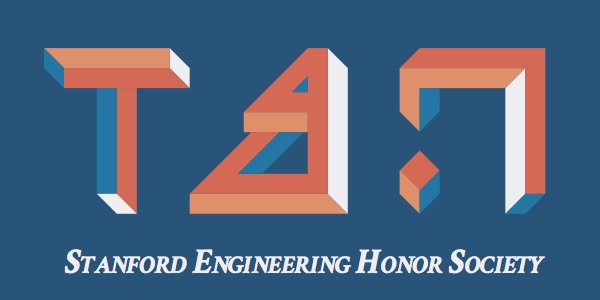By Marilyn Zhang, Junior, Computer Science
Marilyn identifies as a bunny-fanatic and enjoys reading, hiking, and checking out cafes with friends and her younger brother.

Why did you choose to be an engineer?
Technology can be a powerful source of good in society, as long as we are thoughtful about what we are building and how we are using it.
Stanford certainly has no shortage of students interested in both the humanities and engineering. I am one of them.
Earlier this fall, I studied abroad at Oxford, concentrating on political philosophy. What really struck me was how similar philosophy is to computer science — at least, in its fundamental way of thinking.
Each week, I would submerge myself in Kant, Rawls, and Sen, contemplating morality or the theory of justice set forth before me. Then the fun part begins: I would take all these ideas, vomit all the thoughts I had onto a blank document, then articulate my own thoughts and ideas. I was creating something of my own. And in this sense perhaps philosophy is unique in the humanities in that all it depends on is thought and argument alone. All I needed to address Rawls’ ideas were my own ideas.
Throughout my time at Oxford, I would switch back and forth between an engineering class I was taking online and my political philosophy tutorial. These switches always came with a sense of familiarity, of recognition. I would start with a basic tool kit of coding paradigms from CS106 — kind of like the structure of making formal arguments in philosophy. I would use these coding paradigms to build an algorithm, taking the building blocks I knew to create something bigger. Often times how I solved a problem depended on my thoughts alone. I did not need to collect outside data to figure out how to sort an array in O(nlogn) time. And this was exactly what I was doing in each of my weekly philosophical essays: building something new, by the sheer merit of my ideas.
I often hear that engineering is about building things. But there are many, many ways to build — and I think that engineering is far from having a monopoly on how to build.
